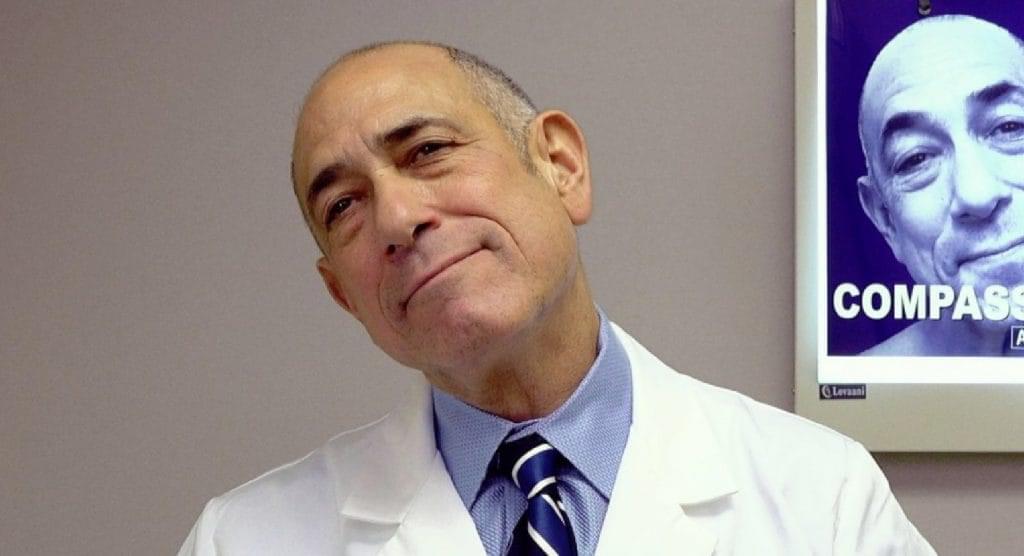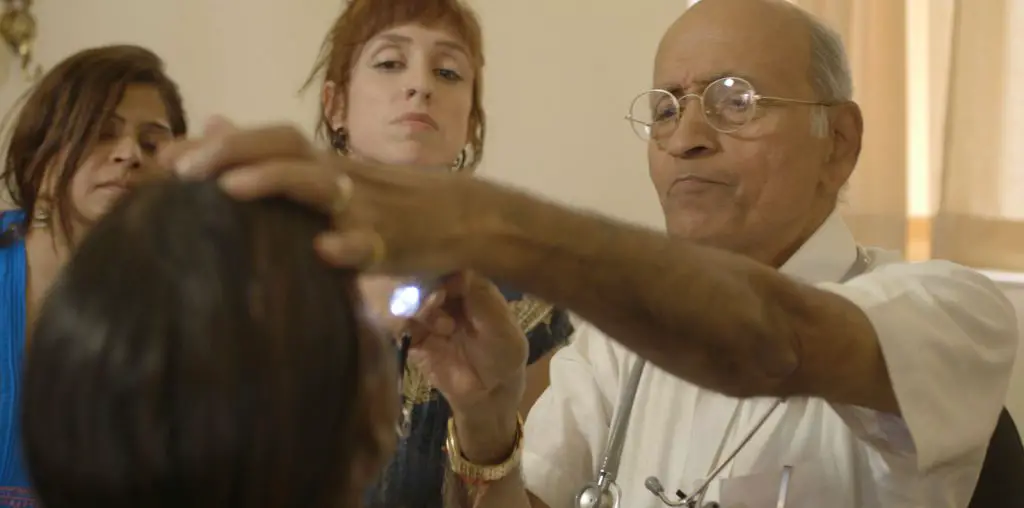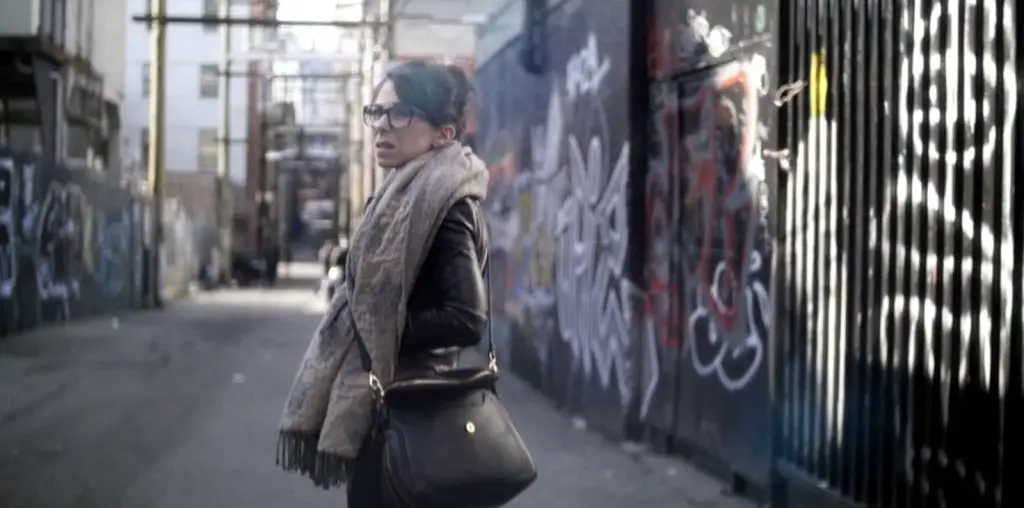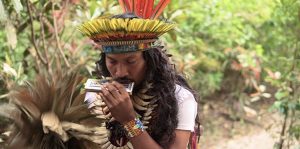
Granted, their reasoning behind embarking on this hallucinogenic odyssey may evoke empathy in viewers. Rhodes lives in the shadow of football and all the implications that come with the sport: the inability to express emotion or show weakness in a toxic male environment, the shallowness, not to mention the frequent concussions. “You’re in a community where failure is not an option,” he states. He wants to put an end to his emotional suffering. McCord has even deeper traumas to overcome. A sexual assault survivor, she has difficulties with intimacy, hoping that this adventure may make her more open to potential relationships. A melodramatic score erupts as she talks about her inhibitions. “The least likely person ever to take a chemical substance,” McCord researched Ayahuasca on Wikipedia and seems unsure about its effects.
Speaking of, there’s no denying the otherworldly effects of the medicine/ drug/ teacher (depending on who you talk to), that is Ayahuasca. Known to be around since long before the conquistadors brought war and disease to what is now South America, the drink is said to be the first consumed by man to communicate with other realms. Amazonian shamans passed on the recipe from generation to generation for thousands of years. A variety of Ph.D. professors and medical officers relay the history, effects, and ingredients of Ayahuasca, which is all fascinating stuff.
“As a cinematic subject, [Taita Juanito Guillermo Chindoy Chindoy] is tremendously compelling.”
Sadly, just when things get interesting, and our two protagonists pick up their glasses to dive into the unknown – minor spoiler alert – Taita Juanito asks for the cameras to be turned off. What we consequently get is just the audio of the experience. If Rhodes and McCord’s testimonies of their experiences were more eloquent and compelling, perhaps I wouldn’t have an issue with this abrupt denial of a resolution, to which the entire narrative seemed to be building. The two are somewhat vague about what they felt and whether or not they achieved any kind of closure.
Despite that, The Medicine is enticing stuff, especially for people like me, who are tired of the constant, agonizing societal pressure and endlessly curious about the natural world that surrounds us. Toussi demonstrates how Ayahuasca is perceived as a drug in Western society, with all the negative connotations that come along with that term. The filmmaker then shows how it heals, how it helps people become “more intimate, more harmonious with nature and life,” and proves that it is “a medicine to the soul and to the spirit.” Sounds pretty good. Perhaps one day, I’ll gather the courage to try it. It’s the vomiting I’m still not so sure about.
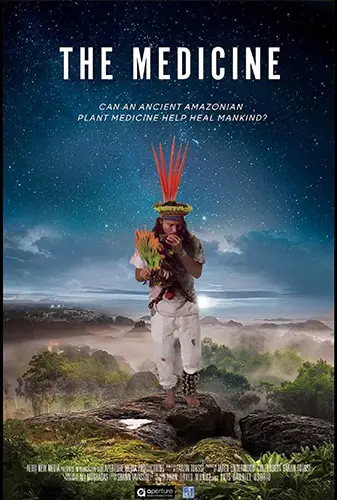
"…a reminder to open our eyes, and notice the bigger world around us..."
